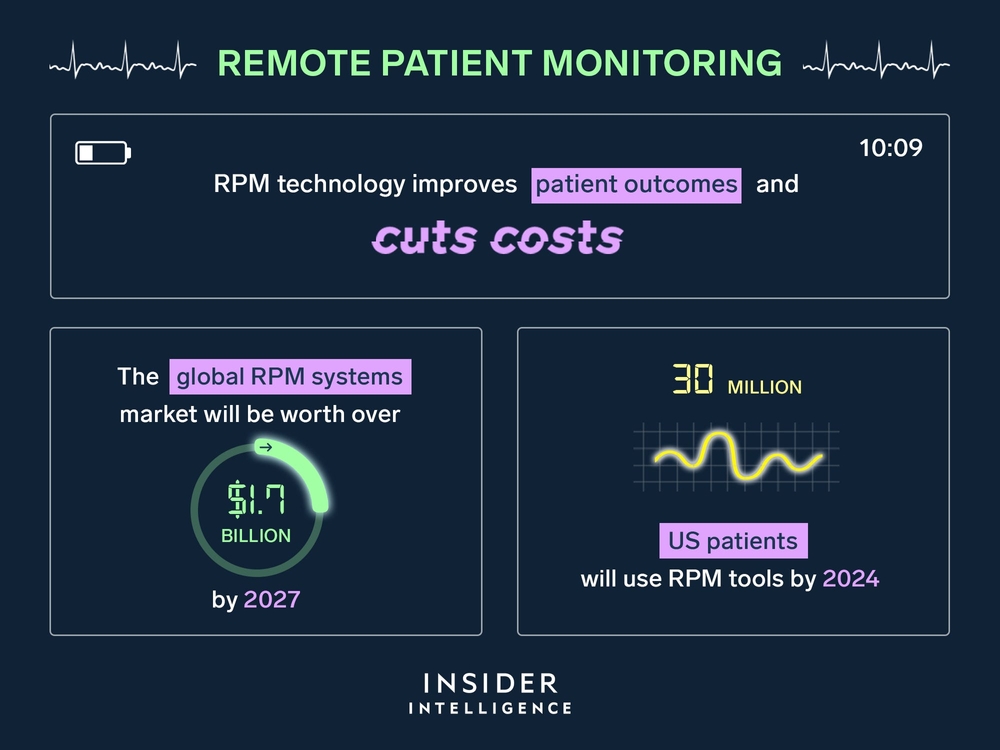
You can provide high quality home care for dementia patients by doing more than watching over them. You must also practice self-care. It is important to take care yourself. You need to ensure that your relationships with others, your health, and interests are maintained. If you feel good, you will be more able and able provide dementia care. Here are a few tips to help you provide the best care.
Hands At Home Care Services
Dementia can affect a person's mental capacity, as well as their family's dynamics. It can make caring for a loved one more difficult and leave many family members in need of a break. The caregivers can give a break but still provide the best care to their loved one. Hands At Home Care Services is a great option if you are looking for dementia care.

MIND at Home
MIND at Home found that dementia patients were more likely to stay in their homes than to move to a nursing home. The program was easy to implement and participants with dementia showed significant delays when it came to LTC and transitioning to assisted living. Its effectiveness was also proven to be beneficial in terms of improving quality of living and reducing caregivers' objective burden. MIND at Home also reduced caregiver workload through a separate study. This was due to a reduction in personal care. The study was not designed to estimate the cost-savings of the program for public and private payers, but did find that MIND at Home was significantly associated with delayed time to LTC.
Visiting Angels
There are many benefits to Visiting Angels home dementia care. First, the caregivers are trained on how to decrease falls, monitor bathing habits, and safely use appliances. They can reduce stress and improve seniors' self-esteem by being present in their homes. They also provide cognitive support that allows seniors to carry on with their favorite seasonal traditions and activities. Family members may need respite from the care of their aging loved one.
Adult day health centers
Caregiving for someone with dementia can be difficult. Adult day centers can offer support and safety for both caregivers as well as the patient. Dementia patients cannot be left at home alone, as they may exhibit dangerous behavioral changes or become isolated. A safe environment is crucial, as outside assistance is often scarce. Adult day health centers offer dementia programs. These special programs use increased staffing ratios and other security features to ensure that patients are safe while they are in their care. This provides peace of mind for caregivers and ensures seniors' safety.
In-home care
The cost of dementia care varies depending on what type of care is required and the individual's health. Early-stage dementia requires less care, whereas later stages require the most care, increasing the overall costs. Dementia can progress for up to 20 years after a diagnosis, requiring ongoing care for this length of time. The main factor that determines the cost of care is the setting. In-home care for dementia care is the most affordable.

Cost
Families and caregivers for senior loved ones should be concerned about the costs of at-home care for dementia. While some of the costs can be covered by Medicare, most individuals and families must make their own arrangements. Apply for Medicare as soon as you know you are eligible. The application process can take up to three months. Your eligibility should be known at least three months before you begin receiving your care. If you don't qualify, contact your state Medicaid offices.
FAQ
What are medical systems?
Medical systems are designed for people to live longer and healthier lives. They make sure patients receive the best care when they need it.
They make sure the right treatment happens at the right moment. And they provide the information needed for doctors to give the best possible advice on what treatment would suit each patient.
What are the health services?
Patients should be aware of the fact that they have 24/7 access to high-quality healthcare. No matter whether you require an urgent appointment or routine check-ups, we are available to help.
There are many options for appointments. These include walk-ins, same-day procedures, emergency department visits and outpatient procedures. For those who live outside of our clinic, we also offer home care visits. If you do not feel at ease in our office, you can be referred to your nearest hospital.
Our team includes nurses and pharmacists as well dentists. Each visit should be as easy and painless as possible.
What is an infectious disease?
An infectious disease is caused either by bacteria, viruses, parasites or both. Infectious diseases spread quickly through close contact. Mumps, rubella (German Measles), whooping cough, rubella (German Measles), measles and mumps are some examples.
What are the differences between these three types of healthcare system?
The first system is a more traditional system that gives patients little choice about who they see for treatment. They visit hospital A if they are in need of an operation. But otherwise, it is best to not bother as there is little else.
The second system, which is fee-for-service, allows doctors to earn money based upon how many operations and tests they perform. If you don’t pay them enough they won’t do additional work and you’ll be twice as expensive.
A capitation system, which pays doctors based on how much they spend on care and not how many procedures they perform, is the third system. This allows doctors to choose lower-cost treatments such as speaking therapies over surgical procedures.
What role can I play in public healthcare?
You can help protect your own health and the health of others by taking part in prevention efforts. Public health can be improved by reporting injuries and illnesses to health professionals, so that they can prevent further cases.
What about the role of the private sector?
Private sector plays a crucial role in healthcare delivery. It supplies equipment, among other things, that is used by hospitals.
It also pays for some of the staff who work in hospitals. They should also be able to contribute to the running of the system.
But there are limits to what they can offer.
The government provides free services that private providers can't always match.
They should not attempt to run the entire system. This could be a sign that the system is not providing value for money.
Statistics
- The health share of the Gross domestic product (GDP) is expected to continue its upward trend, reaching 19.9 percent of GDP by 2025. (en.wikipedia.org)
- About 14 percent of Americans have chronic kidney disease. (rasmussen.edu)
- Over the first twenty-five years of this transformation, government contributions to healthcare expenditures have dropped from 36% to 15%, with the burden of managing this decrease falling largely on patients. (en.wikipedia.org)
- The healthcare sector is one of the largest and most complex in the U.S. economy, accounting for 18% of gross domestic product (GDP) in 2020.1 (investopedia.com)
- For instance, Chinese hospital charges tend toward 50% for drugs, another major percentage for equipment, and a small percentage for healthcare professional fees. (en.wikipedia.org)
External Links
How To
What is the Healthcare Industry Value Chain
The healthcare industry value chains include all the activities involved with providing healthcare services. This includes all business processes at hospitals and clinics. It also includes supply chains that connect patients to other providers like pharmacists and insurance companies. The end result is a continuum of care that begins with diagnosis and ends with discharge.
The value chain is made up of four major components:
-
Business Processes – These are the tasks that individuals perform throughout the delivery of health care. A doctor might conduct an exam, prescribe medication and send a prescription to a pharmacy. Each step must always be done quickly and accurately.
-
Supply Chains: All the organizations involved in making certain that the right supplies reach all the people at the appropriate time. A typical hospital has many suppliers. They include pharmacies as well lab testing facilities, imaging center, and even janitorial employees.
-
Networked Organizations: To coordinate these entities, it is necessary to have some means of communication between them. Hospitals often have several departments. Each one has its own phone number and office. To ensure that everyone is up to date, every department will have a central point from which employees can access updates.
-
Information Technology Systems - IT is critical in ensuring that business processes run smoothly. Without it, things would fall apart quickly. IT also provides a platform for integrating new technologies into the system. For example, doctors can use a secure network connection if they want to integrate electronic medical records into their workflow.